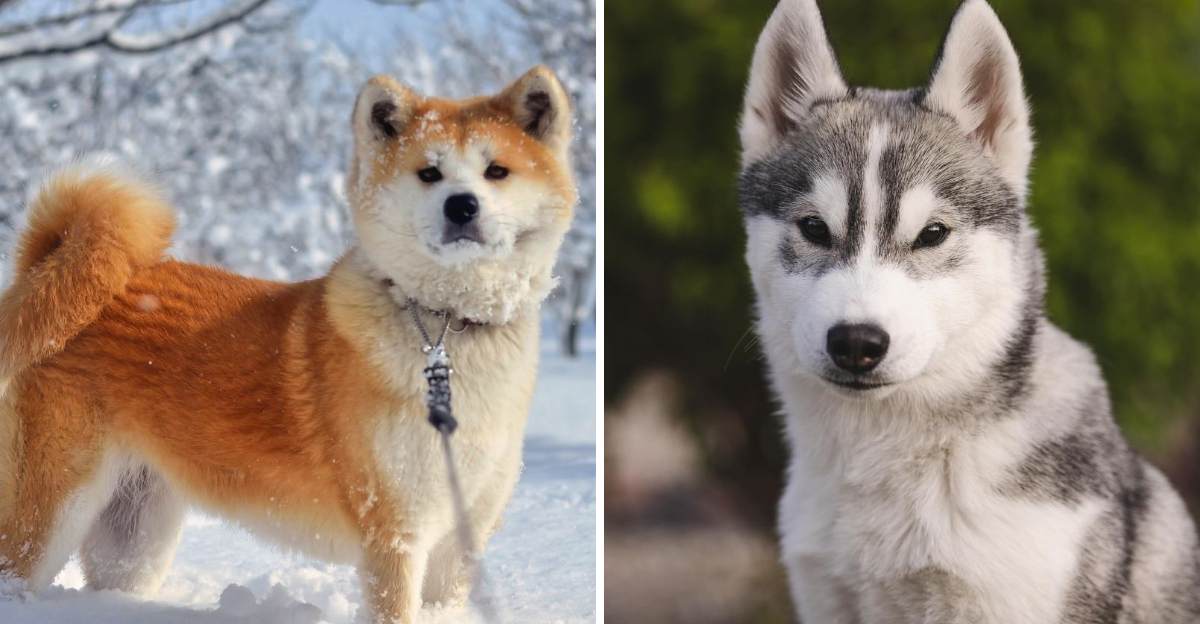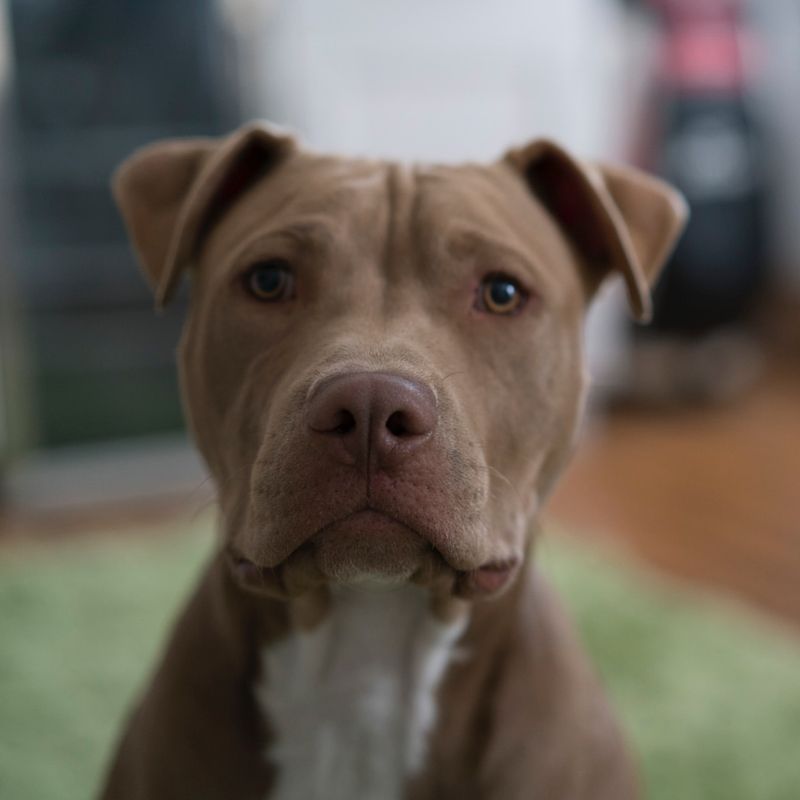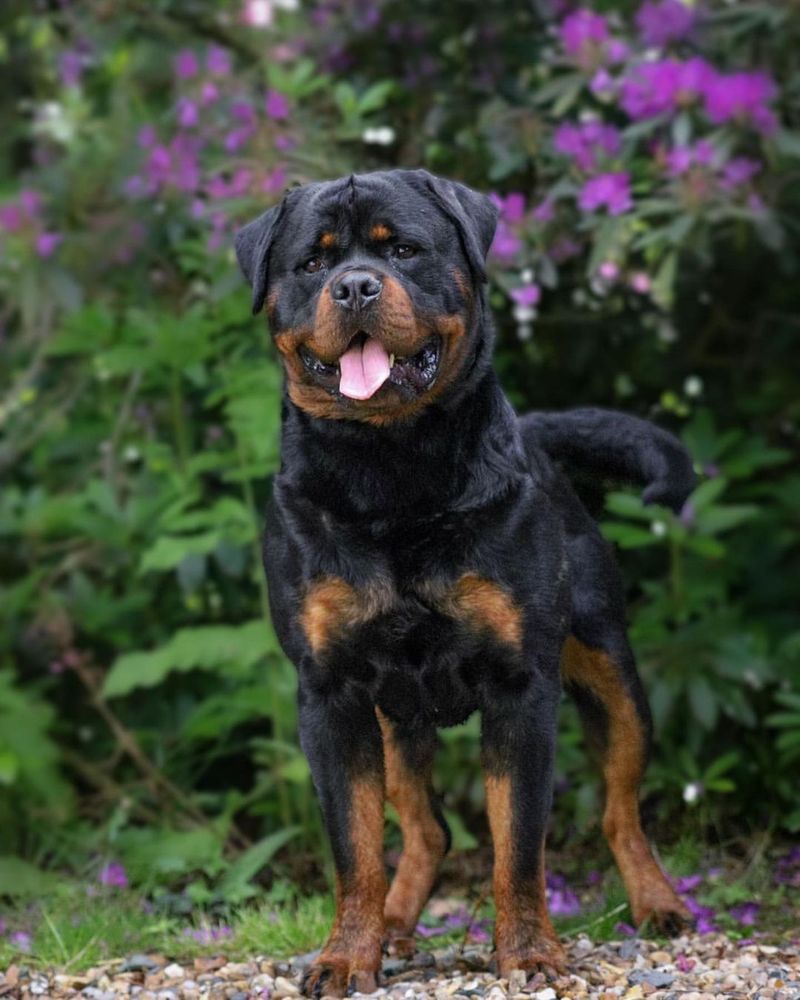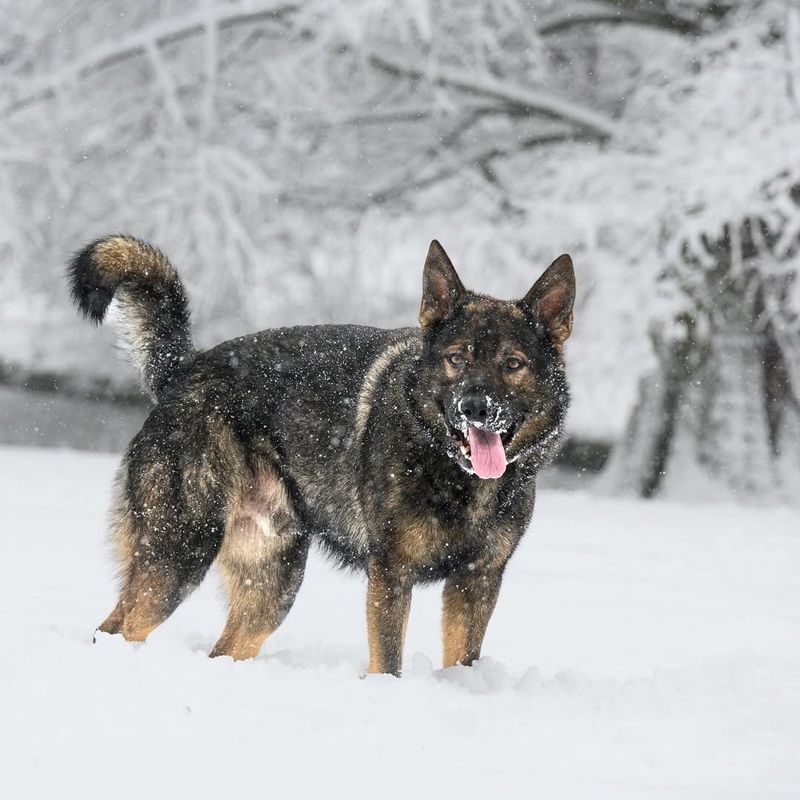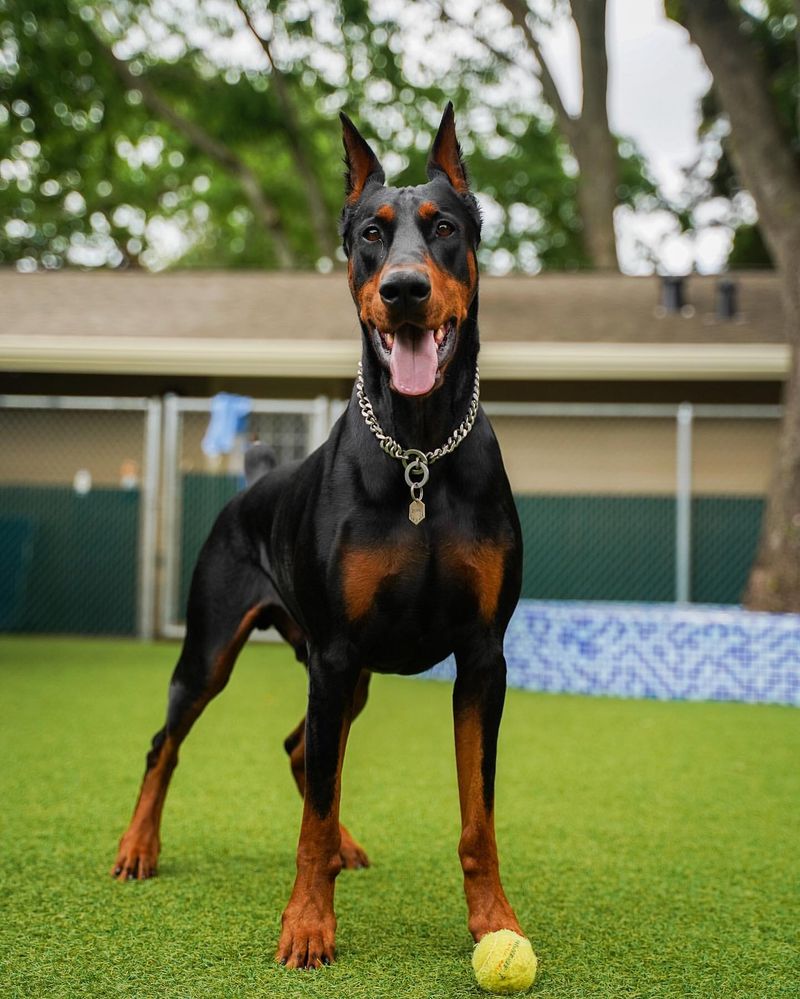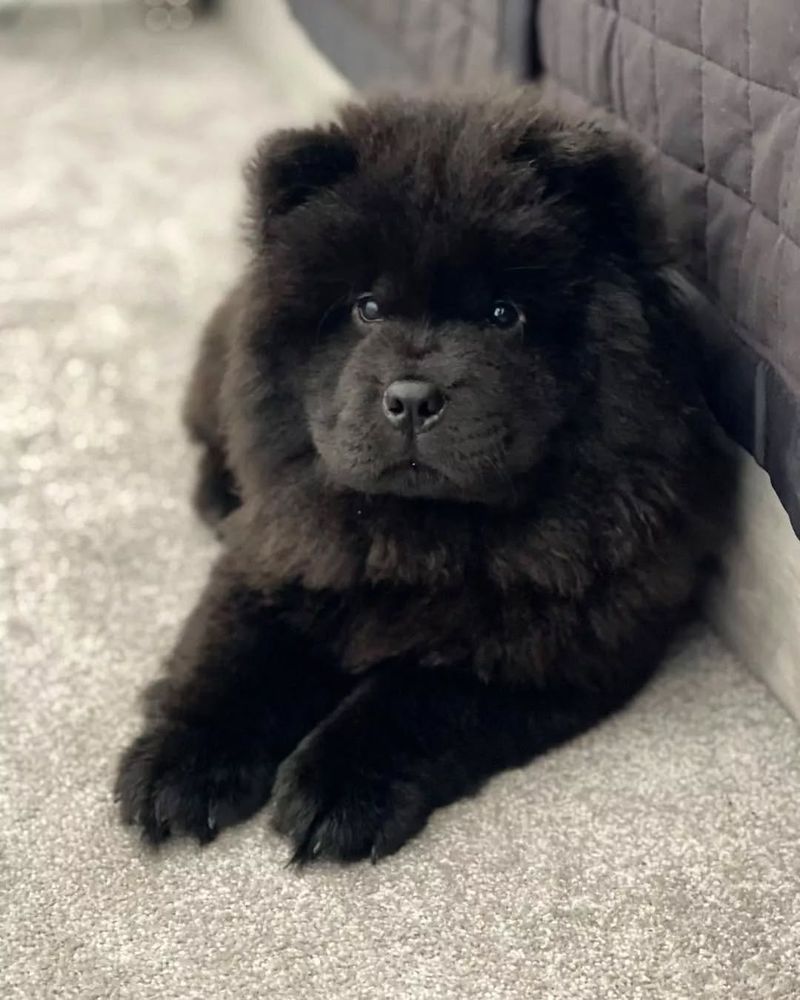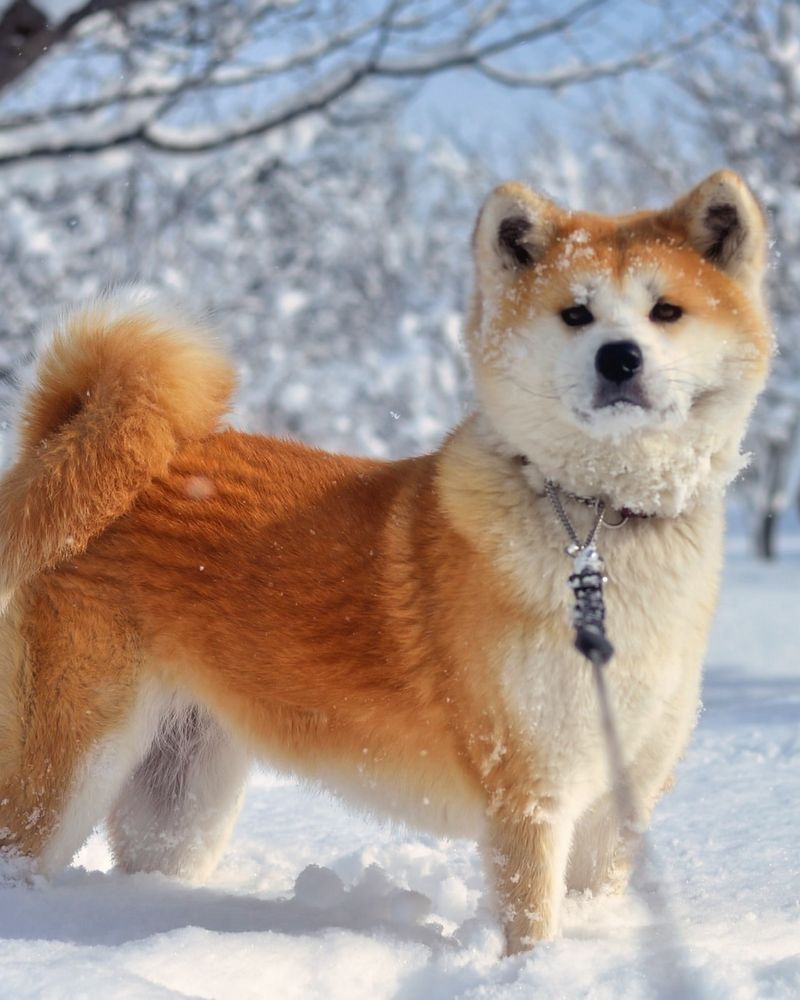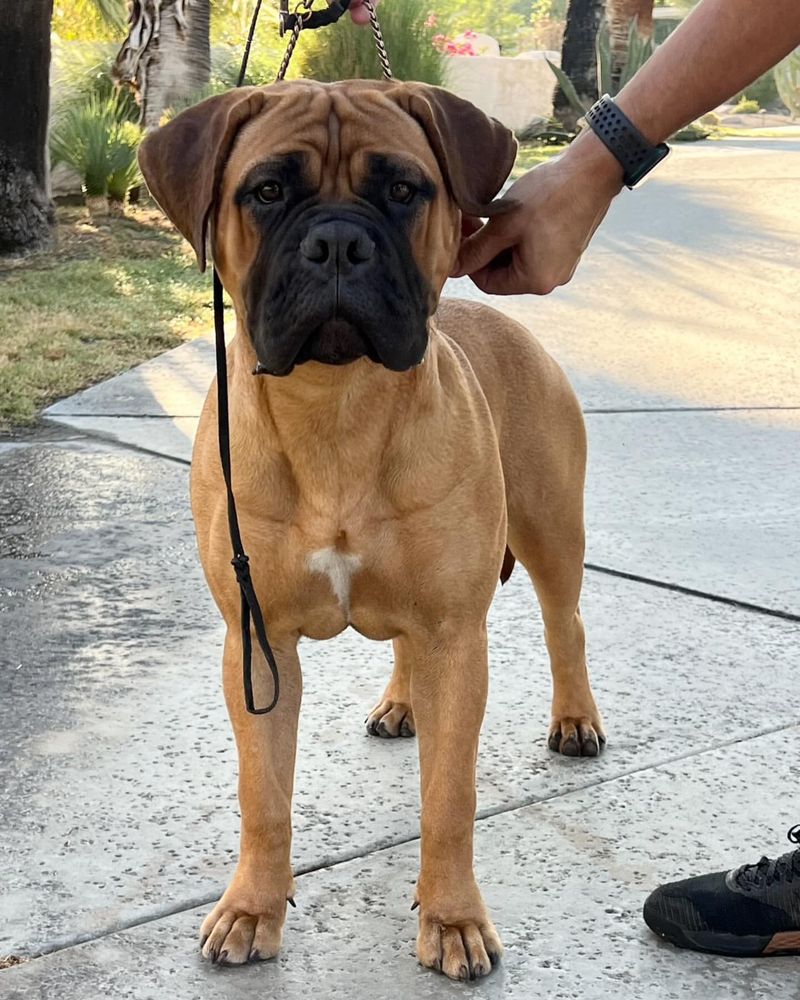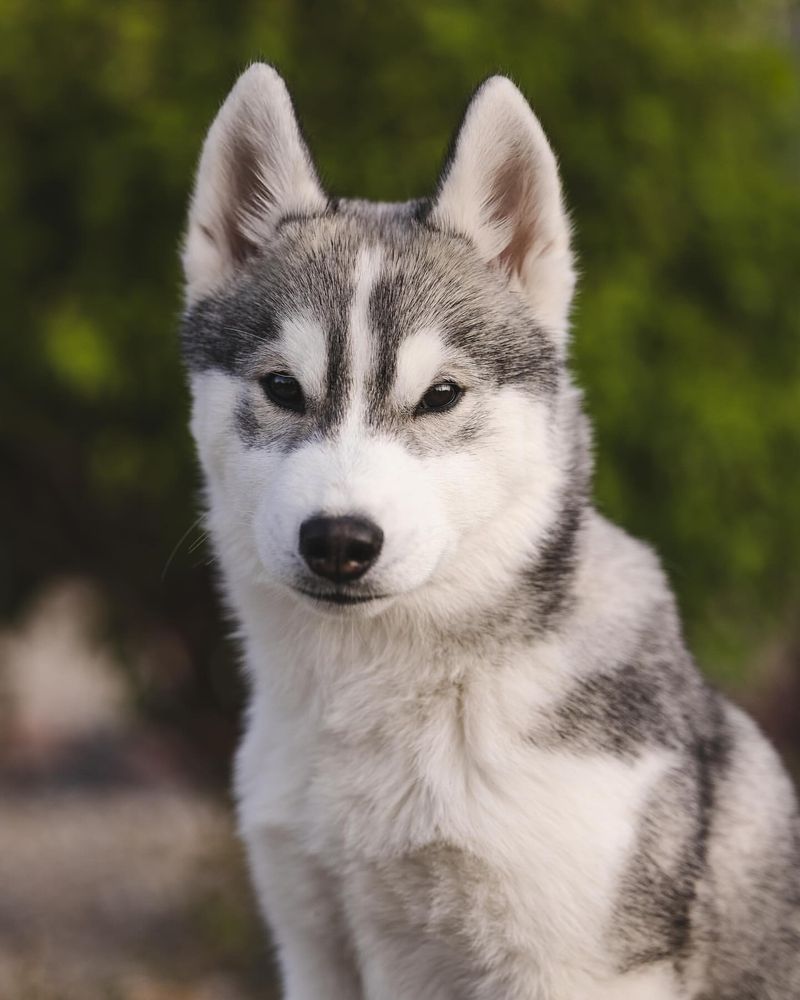📖 Table of Content:
When it comes to dogs, perceptions often vary as widely as the breeds themselves. While some dogs are praised for their friendliness and gentle demeanor, others are labeled as aggressive based on breed stereotypes or past incidents. These labels can overshadow their true personalities, leading to unfair judgments and misconceptions.
Many breeds categorized as aggressive have traits like strength, confidence, or protective instincts, which are sometimes misunderstood. Historical roles, such as guarding, hunting, or working, have contributed to their intimidating reputations. However, these same traits often make these dogs loyal, dependable, and deeply devoted companions when properly trained and socialized.
By taking a closer look at these eight breeds often viewed as aggressive, we can better understand the roots of these perceptions. Education and responsible ownership play a key role in revealing the loving and loyal nature of these dogs. With the right care and guidance, they can thrive as valued and trusted members of the family.
1. Pit Bull
Pit Bulls often find themselves at the center of the aggressive dog conversation. Due to their history as fighting dogs, they are frequently misunderstood. However, with proper socialization and training, they are known for their loyalty and love towards family.
It’s essential to remember that aggression in Pit Bulls is often a reflection of their upbringing and environment. Responsible ownership can turn them into gentle companions.
Educating oneself on positive training techniques can help dispel myths surrounding this breed, allowing for a better understanding of their nature.
2. Rottweiler
With a stocky build and powerful jaws, Rottweilers are often perceived as intimidating. Historically used as guard dogs, their protective nature can be misread as aggression. Yet, they are incredibly loyal and affectionate with their families.
Training and socialization from a young age are vital to harnessing their protective instincts positively.
Rottweilers thrive in environments where they have clear roles and boundaries. Educating oneself about their needs ensures successful integration into family life, revealing the softer side of these formidable dogs.
3. German Shepherd
Renowned for their intelligence and versatility, German Shepherds are often used in police and military roles. Their strength and assertiveness can sometimes be mistaken for aggression.
However, they are incredibly trainable and thrive under guidance. Their loyalty and protective nature make them excellent companions for the right family.
A structured environment, along with consistent training, can bring out the best in a German Shepherd, helping to mitigate misconceptions about their disposition.
4. Doberman Pinscher
Doberman Pinschers are synonymous with elegance and alertness. Their sleek appearance and posture often project an image of aloofness, which some interpret as aggression.
However, they are known for their loyalty and protective instincts. With the right training, they can be affectionate family members.
Understanding their need for mental stimulation and exercise can transform a Doberman into a well-rounded companion, dispelling myths about their temperament.
5. Chow Chow
This breed is often seen as aloof and standoffish. Their distinct lion-like appearance and blue-black tongue add to their mystique, sometimes interpreted as unfriendly or aggressive.
They are incredibly loyal to their families but can be wary of strangers. Early socialization is key to managing their natural reserve.
By understanding their independent nature, owners can foster a bond based on mutual respect, revealing the affectionate side of this ancient breed.
6. Akita
The Akita’s strong build and dignified demeanor often lead to perceptions of aggression. Originating from Japan, they have a history as bear hunters, showcasing their strength and independence.
Nonetheless, they are deeply loyal and protective of their families. Socialization and consistent training are crucial to prevent unwanted behaviors.
By respecting their independent spirit, owners can nurture a loving relationship with an Akita, dispelling any myths surrounding their temperament.
7. Bullmastiff
Due to their size and strength, Bullmastiffs are often seen as imposing. Originally bred as guard dogs, they have a natural protective instinct that can be interpreted as aggressive.
However, they are known as gentle giants, displaying patience and affection with family members.
Proper training and socialization help emphasize their calm demeanor, making them excellent companions while challenging misconceptions about their nature.
8. Husky
With their striking appearance and energetic demeanor, Huskies are sometimes mistakenly labeled as aggressive. Known for their independence and playfulness, they require an active lifestyle.
Their friendliness can be overwhelming for some, leading to misunderstandings about their behavior.
Understanding their need for exercise and mental challenges can help harness their energy positively, proving that Huskies are more playful than aggressive.
